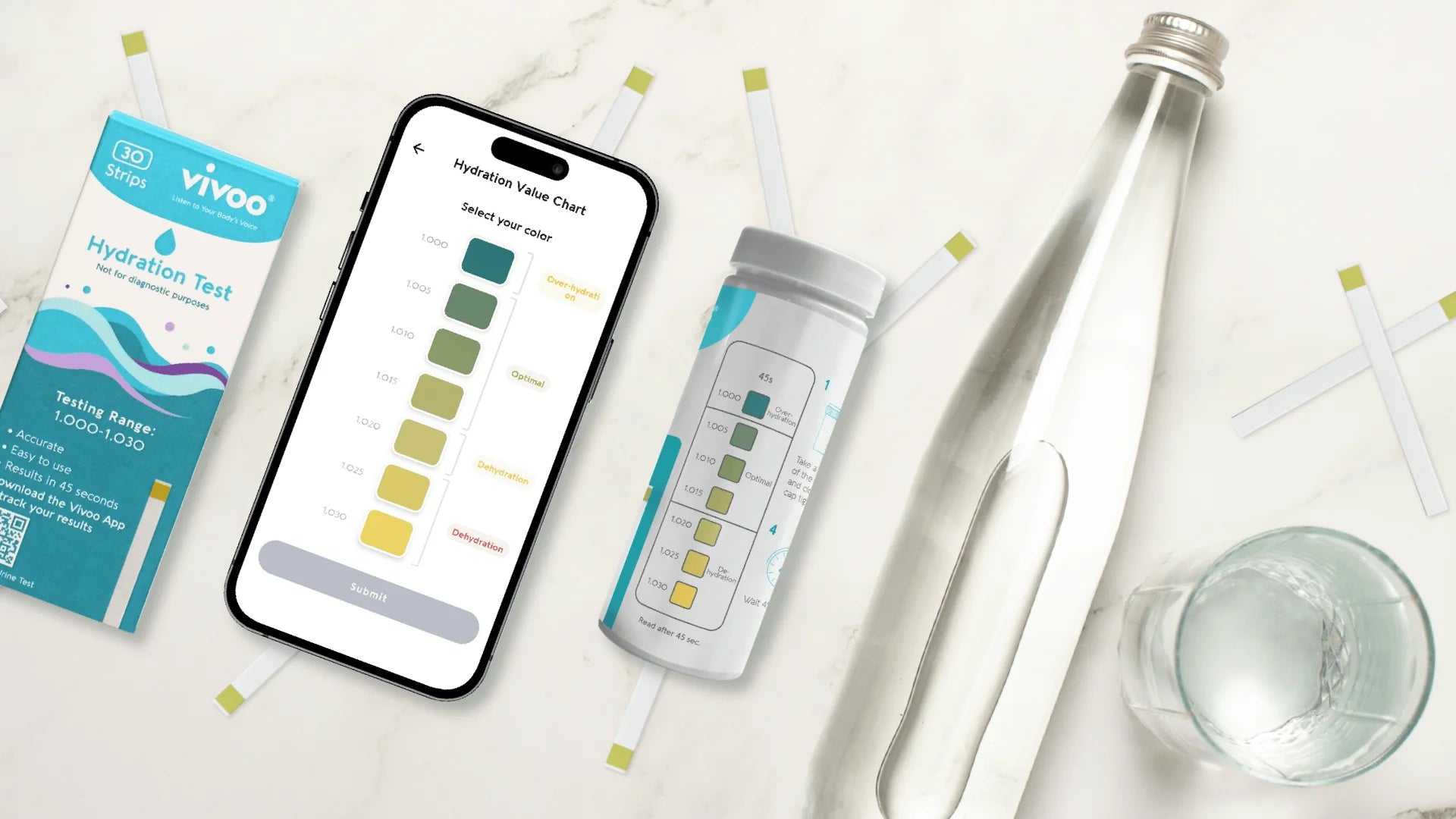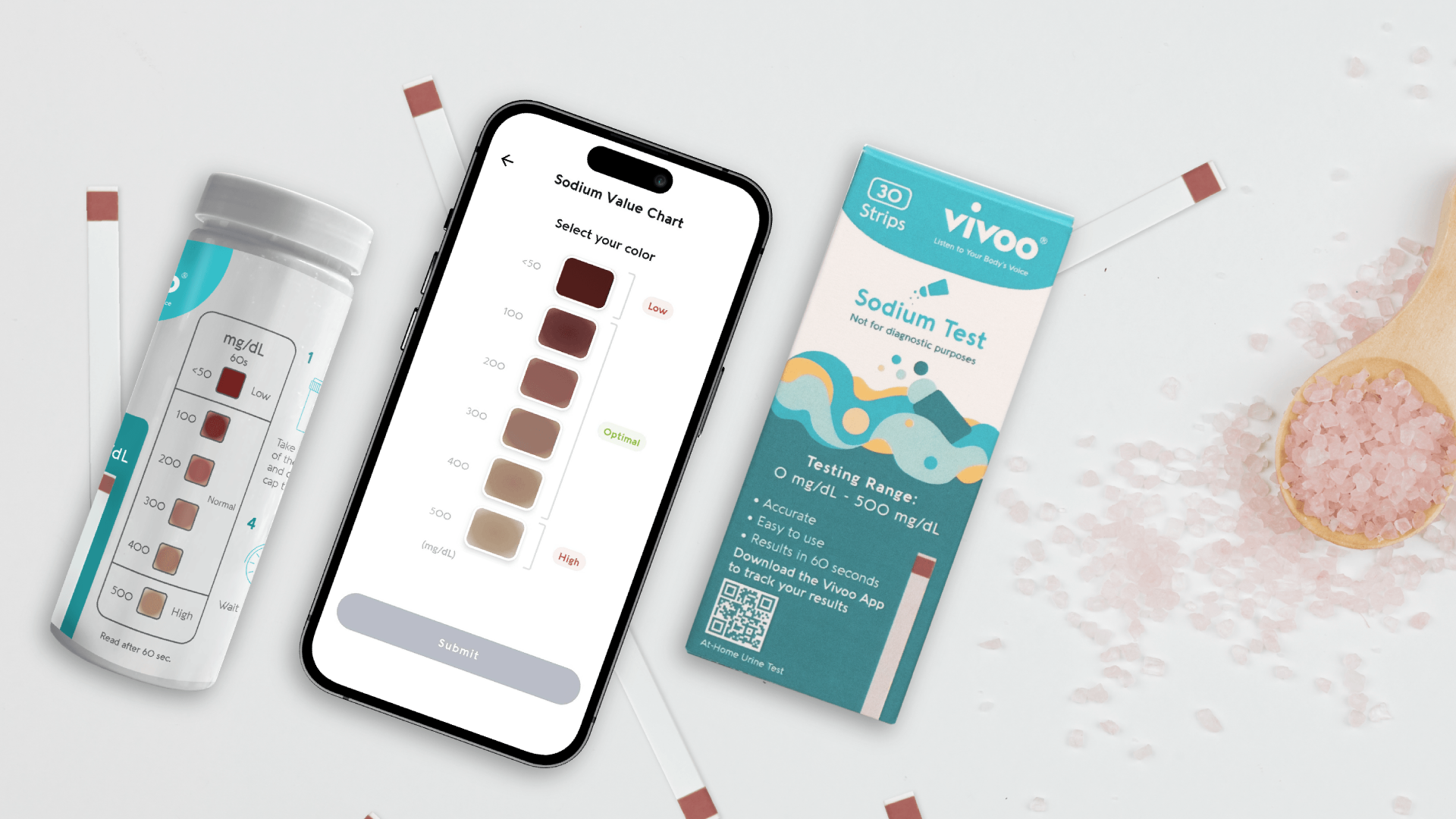Vitamin C is a vital vitamin that’s necessary for many different functions in the body. Your body can’t produce it on its own, and instead relies on fruits and vegetables in which vitamin C is found to get enough. Vitamin C also functions as an antioxidant that helps protect cells from free radicals (environmental toxins). Getting enough vitamin C may help reduce your chances of developing certain diseases such as heart problems or cancer.
In this article, we will cover what vitamin C deficiency is, its symptoms, and how important vitamin C is for maintaining optimal wellness. Read on to find out more!
Is there a name for vitamin C deficiency?
Yes, the name for vitamin C deficiency is called scurvy, and is caused by not consuming enough vitamin C through your diet for a period of at least 3 months. When you have low vitamin C levels for a long period, you might start experiencing some of the symptoms of scurvy. These include skin that bruises easily, energy loss, pain in the limbs – especially the legs, anemia, lack of sleep, frequent bleeding gums, and even tooth loss.

Signs of low vitamin C levels in your body
Whenever you feel like something in your body is wrong, but you aren’t sure what, it’s good to check whether you are getting all of the right nutrients. You can also check for several symptoms of vitamin C deficiency to make sure. Vitamin C deficiency leads to:
1. Rough skin
If your vitamin C levels are low, you will experience some roughness on your skin, creating a bumpy feeling. This happens because vitamin C is one of the key ingredients for creating collagen in the body.
2. Brittle and fragile hair
Vitamin C is very important for hair health, so naturally, when you don’t get enough, your hair will start to get brittle, bend in strange places, and fall out (more than usual).
3. Bruise easily
When you don’t get enough vitamin Cthe body and its entire safety barrier drop down to a minimum. This means that your body is more prone to bruising due to weakened blood vessels, which commonly occurs in vitamin C deficiency.
4. Swollen joints
Another downside to having low vitamin C levels is pain and swelling in the joints. As we have mentioned, vitamin C affects collagen production, so it’s only natural that vitamin C deficiency can affect your joints.
5. Bleeding in the gums and tooth loss
It might sound scary, but you might start noticing that your gums bleed more easily if you don’t get enough vitamin C. In the most extreme cases, the teeth start feeling wobbly and eventually fall out.

6. Weight gain
This might be a bit unexpected but low vitamin C levels in blood have been linked to higher amounts of belly fat, even in individuals with normal weight.
7. Poor mood
When the body lacks one of the most important nutrients, your mood is bound to go sliding down the hill. Thankfully, this is an issue that can easily be resolved by getting back to normal vitamin C levels over a few days.
8. Increased Oxidative Stress
Since vitamin C is an important antioxidant, vitamin C deficiency can increase oxidative stress and inflammation in the body. This is an open invitation to many chronic diseases!
What can you do to prevent vitamin C deficiency?
The most important thing you can do to prevent vitamin C deficiency is to browse your food options and make changes in your diet – as we have already mentioned, fruits (especially citrus) and vegetables are very important in your diet, so make sure to always include enough when you’re planning meals. The Recommended Dietary Allowance for vitamin C for adults 19 and above is 90 mg daily for men and 75 mg for women.
Some foods that are rich in vitamin C include bell peppers, strawberries, tomatoes, broccoli, white potatoes, and of course, citrus fruit! Regular vitamin C intake is very important for improving your wellness and lifestyle. You can get enough vitamin C by eating enough fruits and vegetables - the preferred method. This is your best chance of preventing vitamin C deficiency.
Are you curious about your vitamin c levels? Meet Vivoo! With Vivoo, you can now regularly check not only on your vitamin C levels, but also your body’s ketone, magnesium, and calcium levels, among many others! Just urinate on the strip and scan to the App to get results in just 90 seconds. There’s no need to send samples to the lab! And that’s not all. After taking a test, the Vivoo App will give you personalized nutritional & lifestyle advice on how to improve your wellness and your wellness scores!
Have you ever dealt with vitamin C deficiency? What were your symptoms, and when did you find out? How did you decide to deal with it? We would love to hear your opinions and comments in the section below. For more valuable tips and advice, visit our blog!









